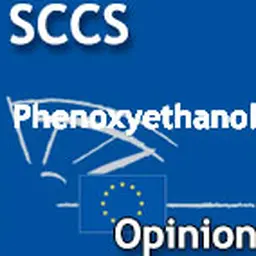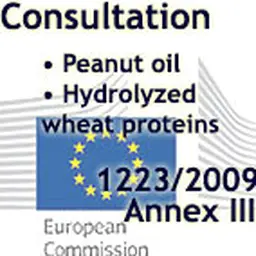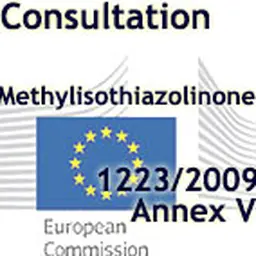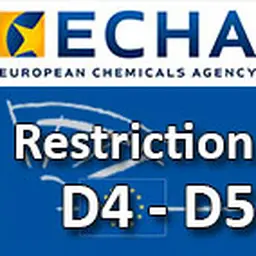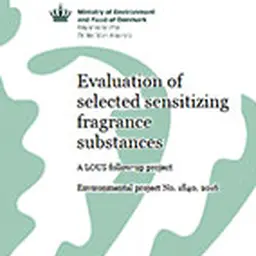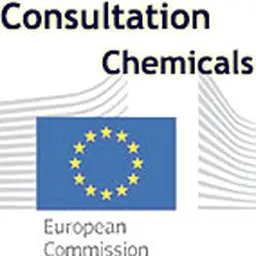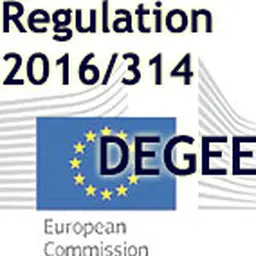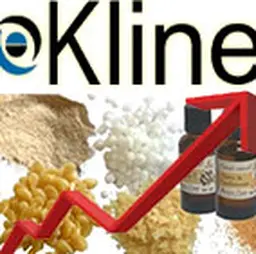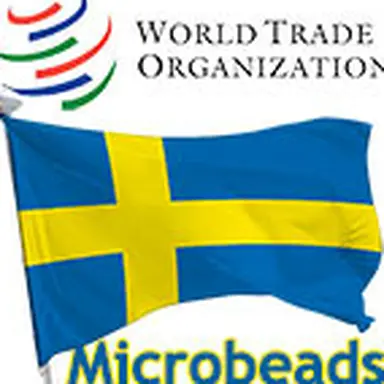
On 6 July 2017, Sweden notified the WTO a draft regulation aimed to ban the placing on the market of rinse-off cosmetics that contain plastic particles which have been added for exfoliating, cleaning and polishing purposes. The provision could enter into force on 1 January 2018 at the earliest.
Products covered
Rinse-off cosmetics that contain solid plastic particles which have been added for exfoliating, cleaning or polishing purposes
Description of content
The placing on the market of rinse-off cosmetics that contain plastic particles which have been added for exfoliating, cleaning and polishing purposes is prohibited. An exception is made for plastic particles that consist only of naturally occurring polymers that have not been chemically modified. Derogations may be granted for plastic particles that have been produced with naturally occurring polymers as a raw material if it is shown that they biodegrade quickly to monomers in an aquatic environment and that they are not liable to cause damage to aquatic organisms.
Plastic particles is defined as solid particles of plastic which are 5 mm or less in size in any dimension and which are insoluble in water.
Plastic is defined as a polymer within the meaning of Article 3(5) of Regulation (EC) No 1907/2006 of the European Parliament and of the Council, to which additives or other substances may have been added.
The ban may enter into force on 1 January 2018 at the earliest. A transition rule will allow distributors to the sell rinse-off cosmetics containing plastic particles for …




